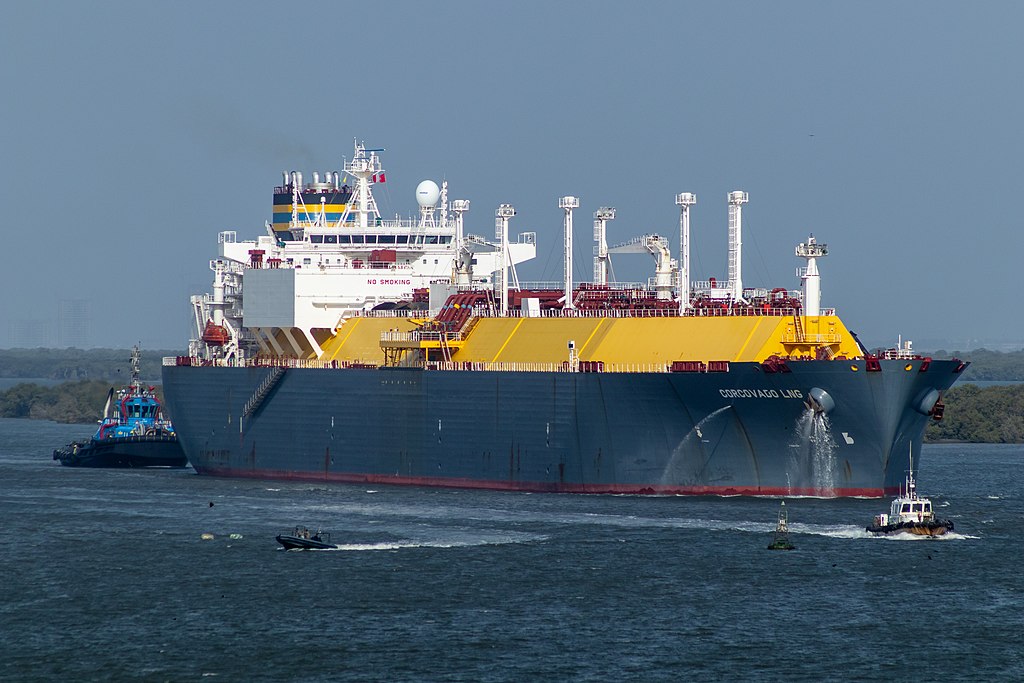The rich European industrialised countries are trying to become independent of Russian gas supplies. To this end, they buy liquefied gas on the world market from all available sources and pay almost any price for it. This leads not only to an explosion in prices, but also to massive supply bottlenecks in the emerging countries. These are simply no longer able to pay the prices driven up by the Europeans due to the purchases. The supply risks in the emerging countries are growing accordingly. The gas war between Russia and Europe is plunging the emerging countries into an energy crisis.
Europeans buy liquefied gas at any price
Europe is trying to boycott Russian natural gas by all means. To this end, long-term contracts for liquefied natural gas (LNG) are concluded with countries such as the USA, Qatar and Canada. To this end, the Europeans are buying large quantities of LNG on the spot markets, driving prices from one record to the next. In doing so, however, they are completely squeezing emerging countries that previously bought this gas out of the market. These much poorer countries simply can no longer keep up with the price hikes. That is why the energy supply in many emerging countries is threatening to get worse. Natural gas has been a reliable and cheap source of energy there until now.

Image: VileGecko, CC BY-SA 4.0, via Wikimedia Commons
Emerging markets can no longer keep up
The global supply of LNG is limited and cannot be increased quickly. Above all, there is a lack of appropriate terminals for liquefaction and transport capacities. In its latest report, the International Energy Agency (IEA) writes: “Europe’s rising demand for LNG to replace Russian pipeline gas supplies has led to an exceptionally tight global market”. Europeans’ willingness to pay ever higher prices for LNG would attract new suppliers, but also push poorer countries out of the market. The additional European LNG demand would cause global demand to exceed current supply.
Supply will not be able to meet demand for years to come
According to the IEA, supply will not grow as fast as demand in the next few years. This is mainly due to the fact that the expansion of the necessary infrastructure and the development of new gas fields cannot follow as quickly. The shortage of liquefied gas due to European countries buying it up is already having an impact on Asian countries. There, gas shortages and power cuts are already occurring. The IEA assumes that the situation will get even worse in the emerging countries. Many of these countries, such as Vietnam or the Philippines, would not have long-term supply contracts. Therefore, they will have to compete with the financially strong Europeans on the world market in the coming years. This will drive prices up even further. Hardly any of these emerging countries will be able to keep up in this price competition.
The gas war is not fought with weapons, but with money
With its attempt to boycott Russian natural gas, Europe has instigated a global gas war. The main victims are the consumers, who have to pay ever-increasing prices. But it is hitting many emerging countries much harder, who can no longer keep up with this price war. The gas shortage will inevitably drag down the economies of these countries, which are just as dependent on gas as the European economy. The war for gas is not being fought with weapons, but with money.
Read also:
